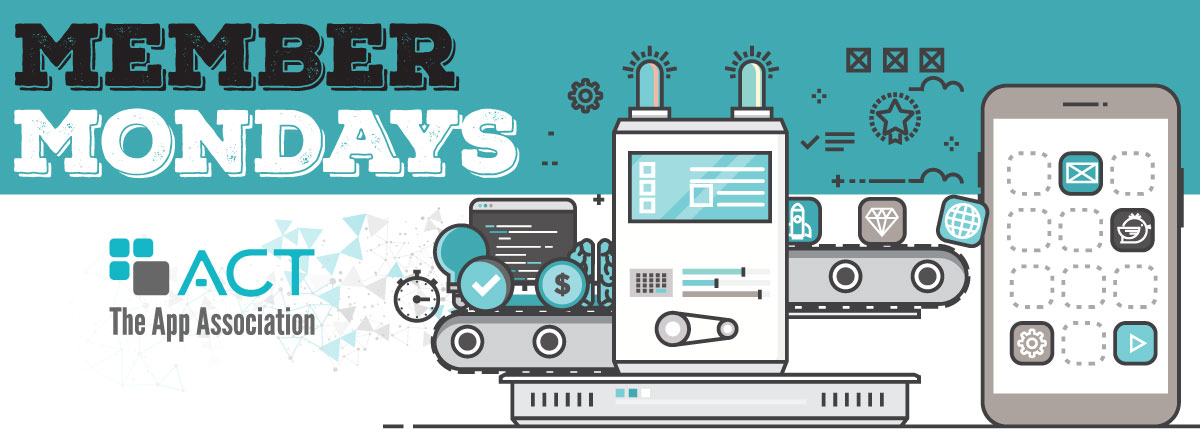In this edition of Member Monday, MotionMobs Marketing Director Emily Hart explains why strong intellectual property protection is vital to the success of her company and the app economy.
– By Emily Hart, MotionMobs
The iPhone came into the market ten years ago, and the app landscape looks incredibly different than when mobile apps started to become widely available soon thereafter. Today there are millions of apps between the iOS and Android platforms. In a market so full and competitive, many of the apps we use and enjoy daily build upon the innovations, copyrighted content, and patented technologies set forth by previous developers. To keep our innovations and inventions moving forward, we must balance the protection of, and access to, intellectual property to drive and sustain the app economy.
At MotionMobs, we exclusively develop new mobile and web applications for a wide variety of clients, which means we hear app pitches constantly. Every single app idea we have heard has at least some foundation in existing technologies, from messaging to GPS tracking, barcode scanning to offline functionality, and thousands of other possibilities. To develop new apps and innovations for our clients, we must often use copyrighted code or patented technologies to bring their ideas to life.
For mobile applications, developers typically receive access to the protected technologies owned by platforms, such as Apple and Google, by accepting the terms of their developer license agreement. Generally, Apple charges $99 per year and Google charges a one-time $25 fee for developers to access their platforms. By registering and paying a fee, developers like us are granted privileges to use protected technologies owned or licensed by these platforms through their respective software development kits (SDKs). The kits provide the foundational tools necessary to develop an app that runs on those platforms, and encourage new and experienced developers to create and build upon the amazing technology already established, all while protecting the integrity of intellectual property.
Licensing technologies on reasonable terms is vital, and helps protect the interest of small developers like MotionMobs. In 2011, patent abuser Lodsys tried to force thousands of developers to pay additional licensing fees for including in-app purchases in their iOS apps. Lodsys threatened legal action against developers who didn’t pay the licensing fee, even though in-app purchase functionality was licensed to the developers directly via their agreement with Apple. Fortunately, Apple stepped in and stood up for small businesses who would have otherwise been crushed by legal or unfair licensing fees demanded by Lodsys.
MotionMobs’ clients own the apps we develop for them, but we want to be certain we protect the work we’ve done that offers usefulness to more than one client. We protect our own multipurpose code libraries (which are modular segments of code that execute a certain function) by retaining intellectual property rights to them, while offering our clients perpetual, royalty-free license to use those libraries in their products. This allows our clients to continue to grow their companies and move forward without being tied to us, as well as allowing us to reuse code libraries that can be of use in many situations.
The technology world can be a tricky place when it comes to protecting and respecting intellectual property. We believe in a system that promotes innovation and protects intellectual property without creating an atmosphere where giants can control the market, and small businesses cannot compete. Copyright libraries for software and app developers and standard essential patents for hardware creators are vital to keep us moving forward.
We cannot deny that technology is rapidly changing our society. It is imperative that the laws that deal with tech’s dynamism reflect the ever-changing nature of how intellectual property is developed and used.
